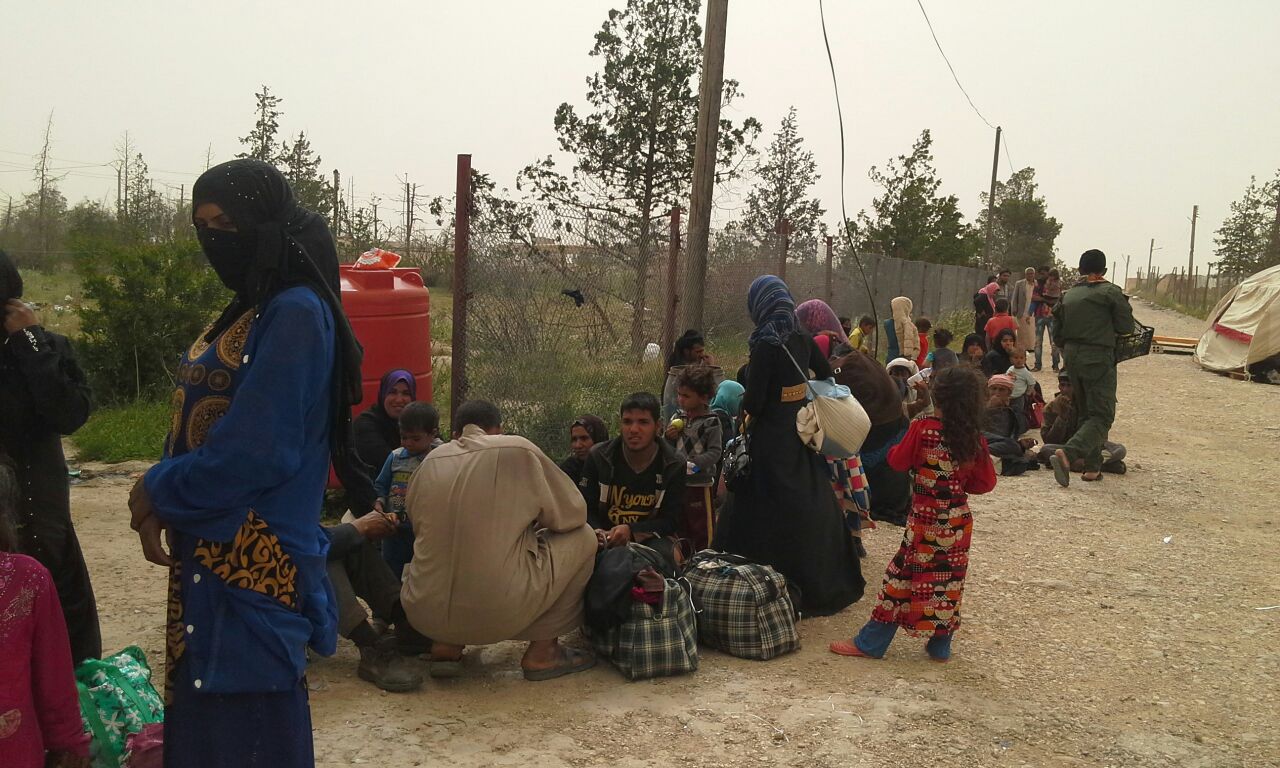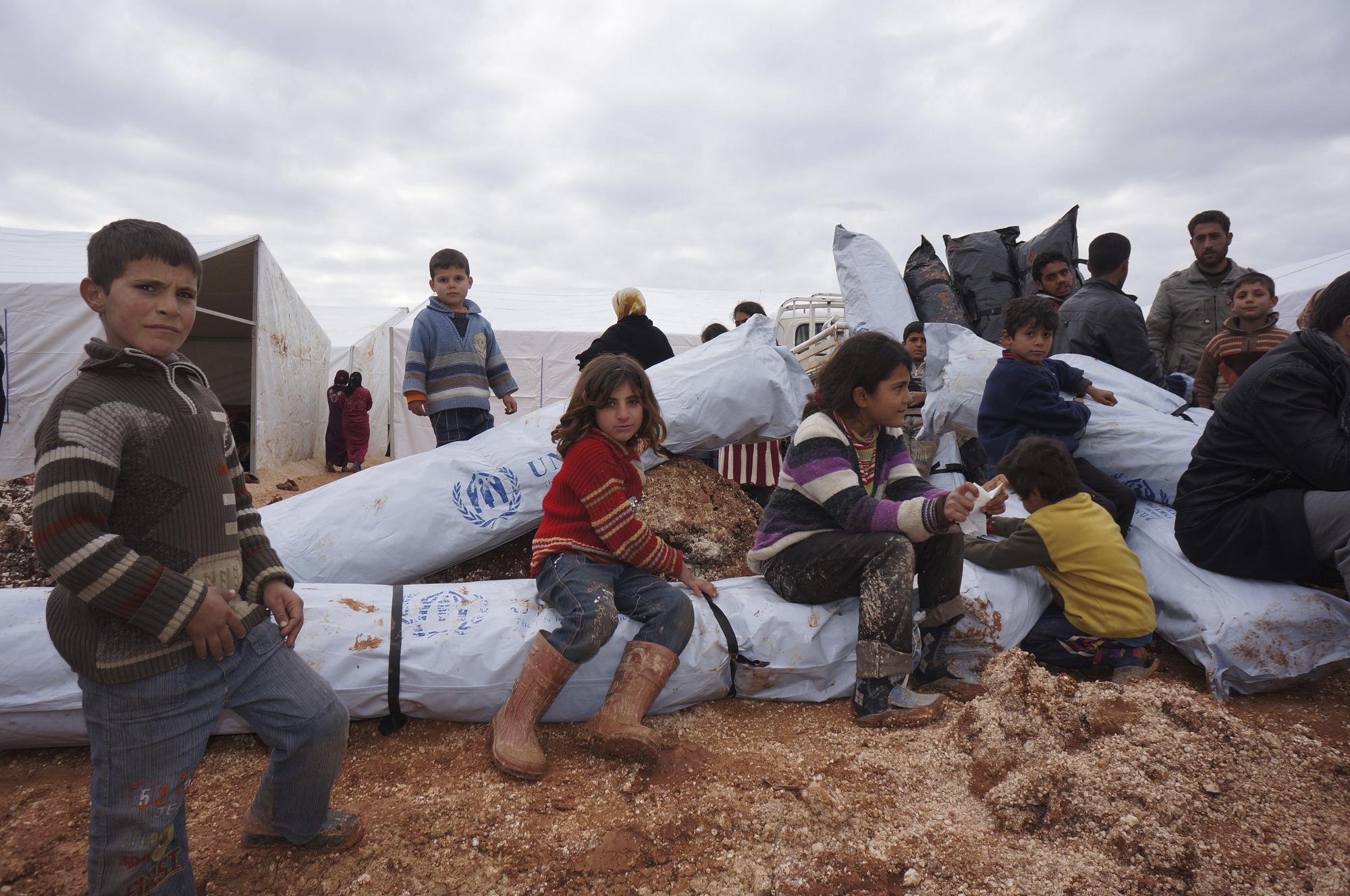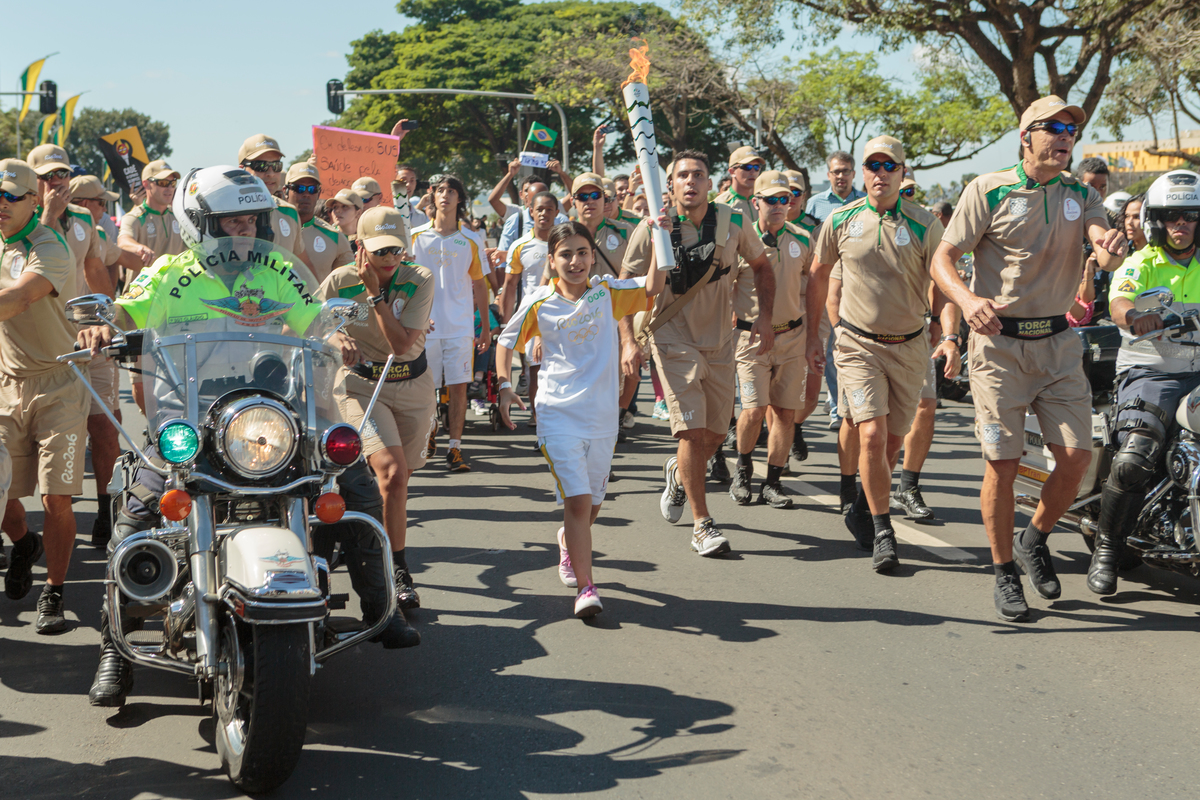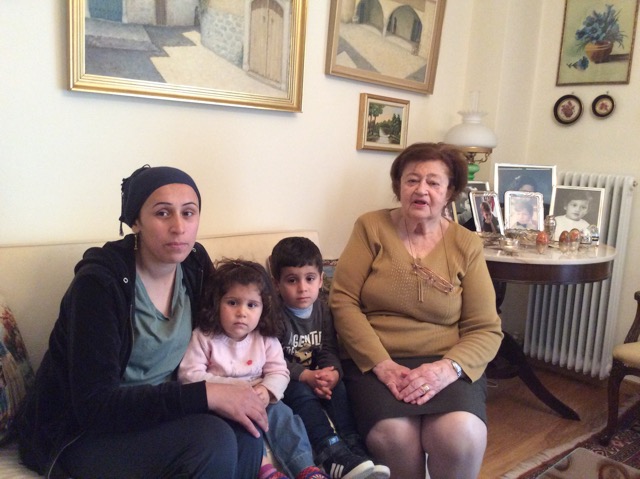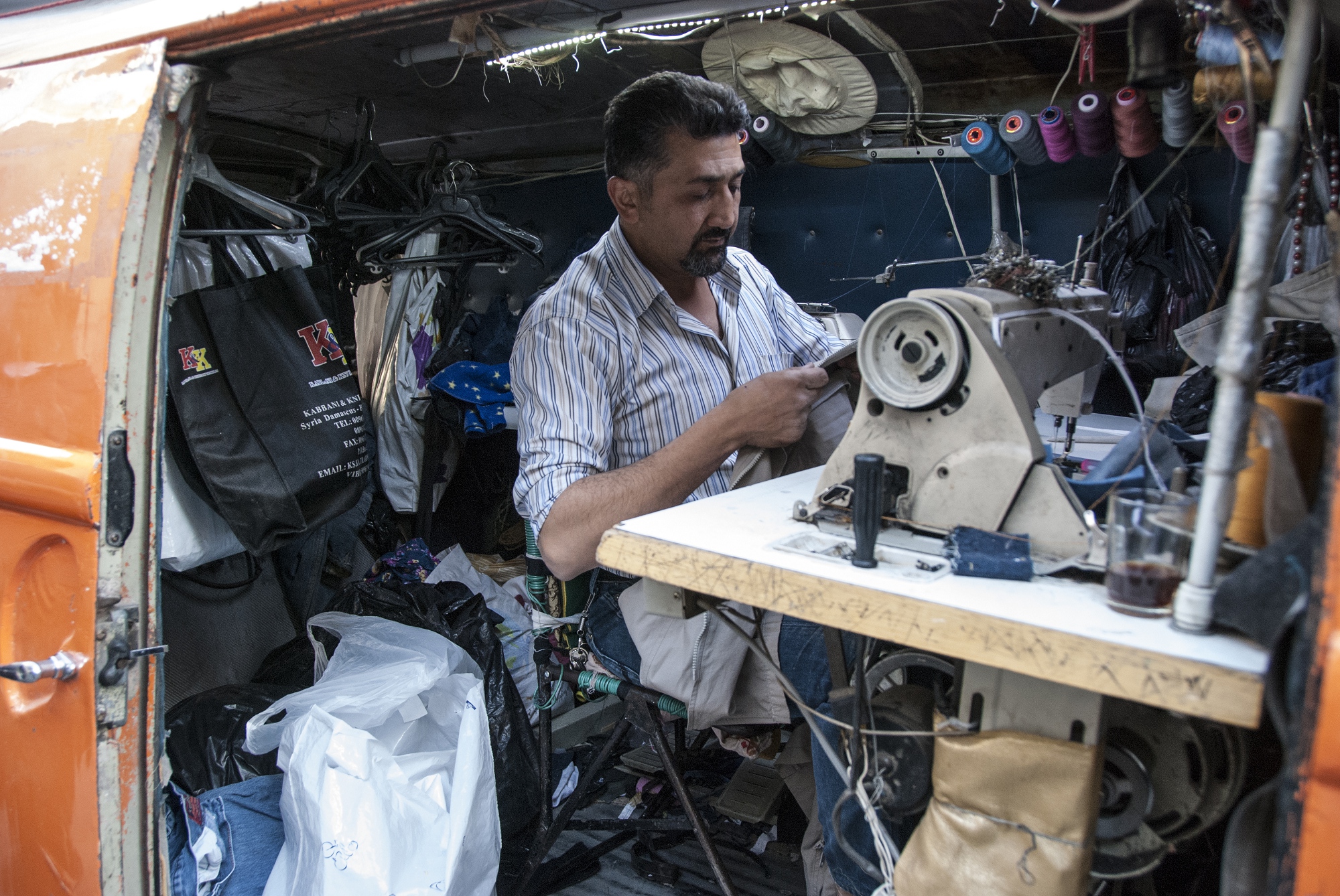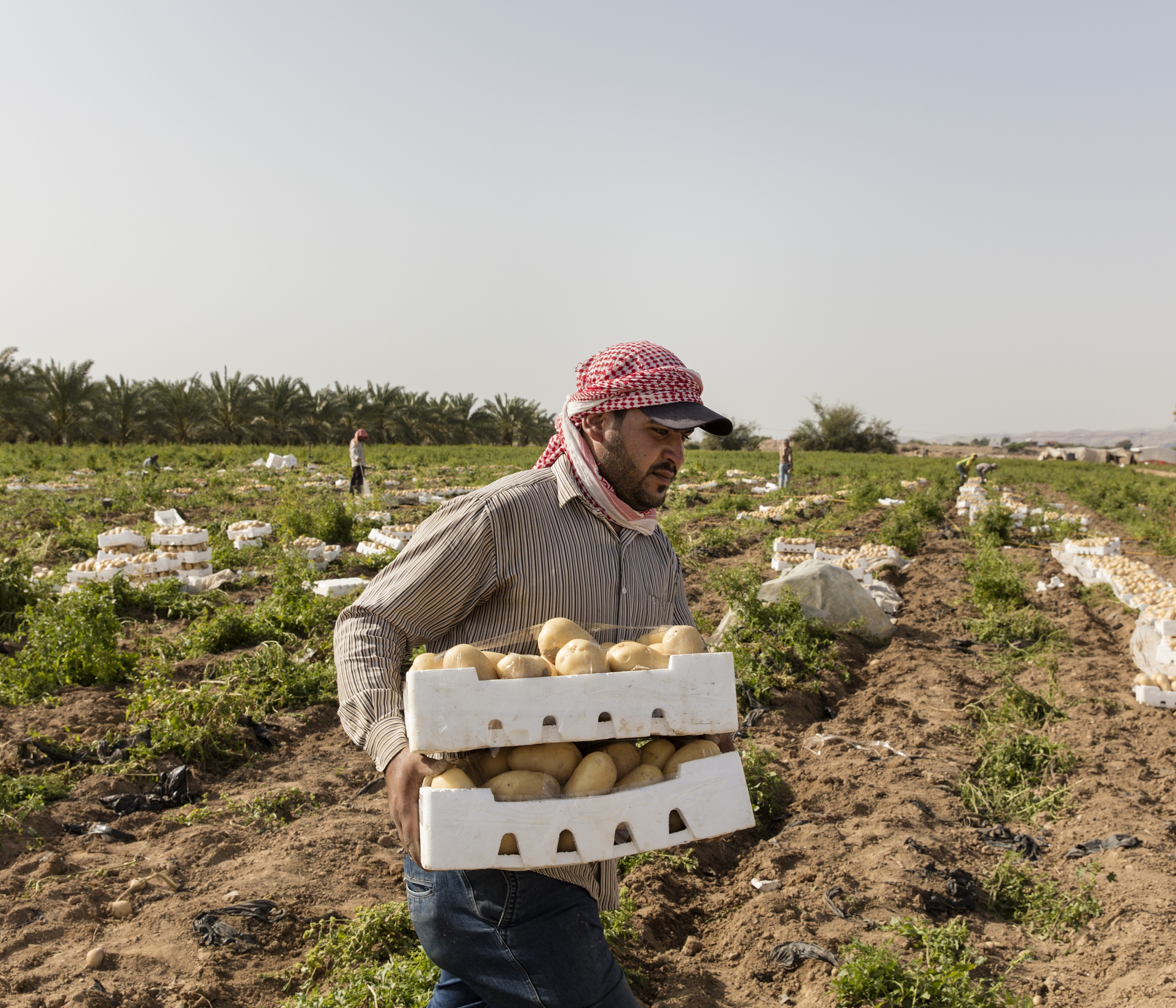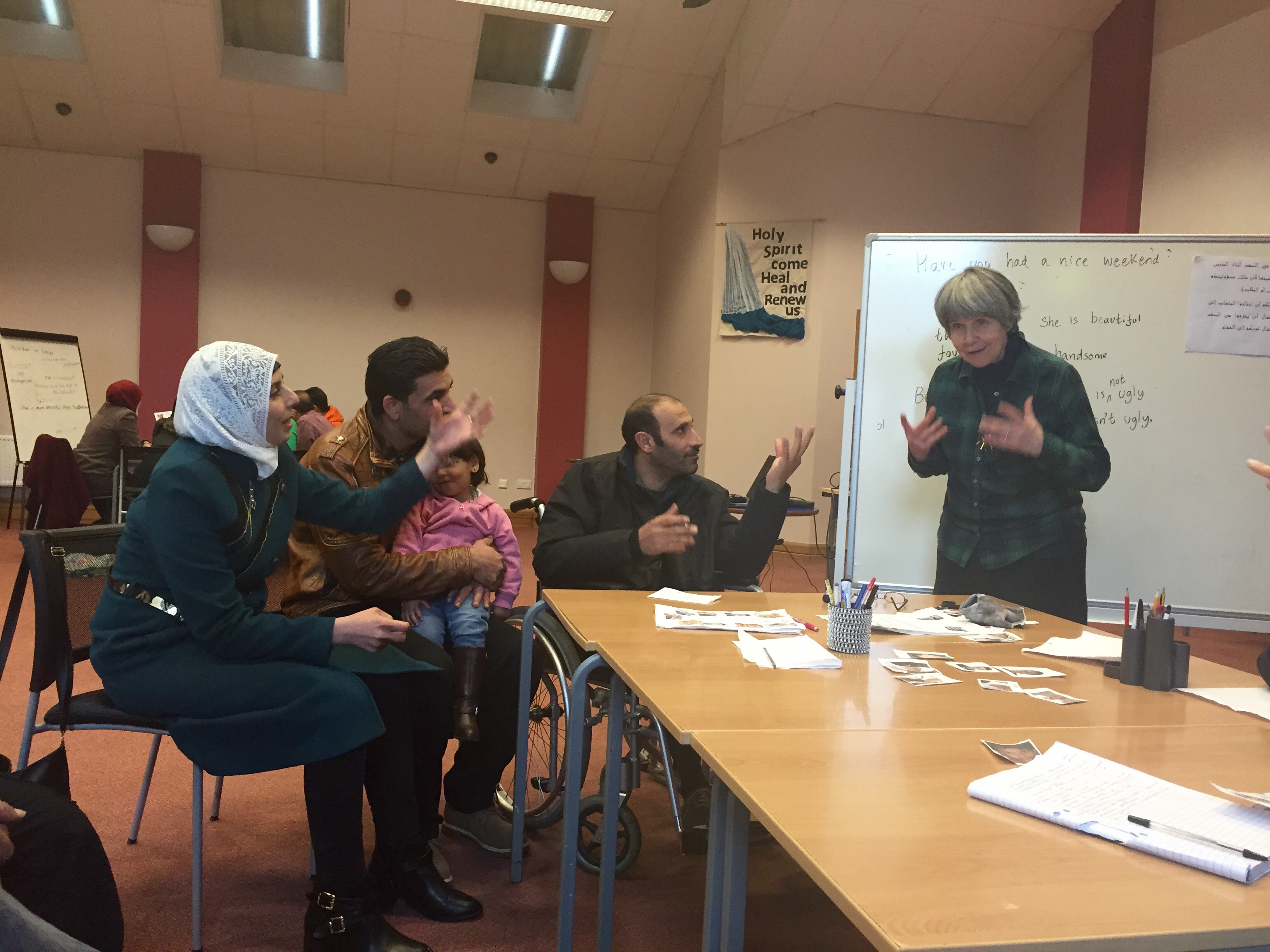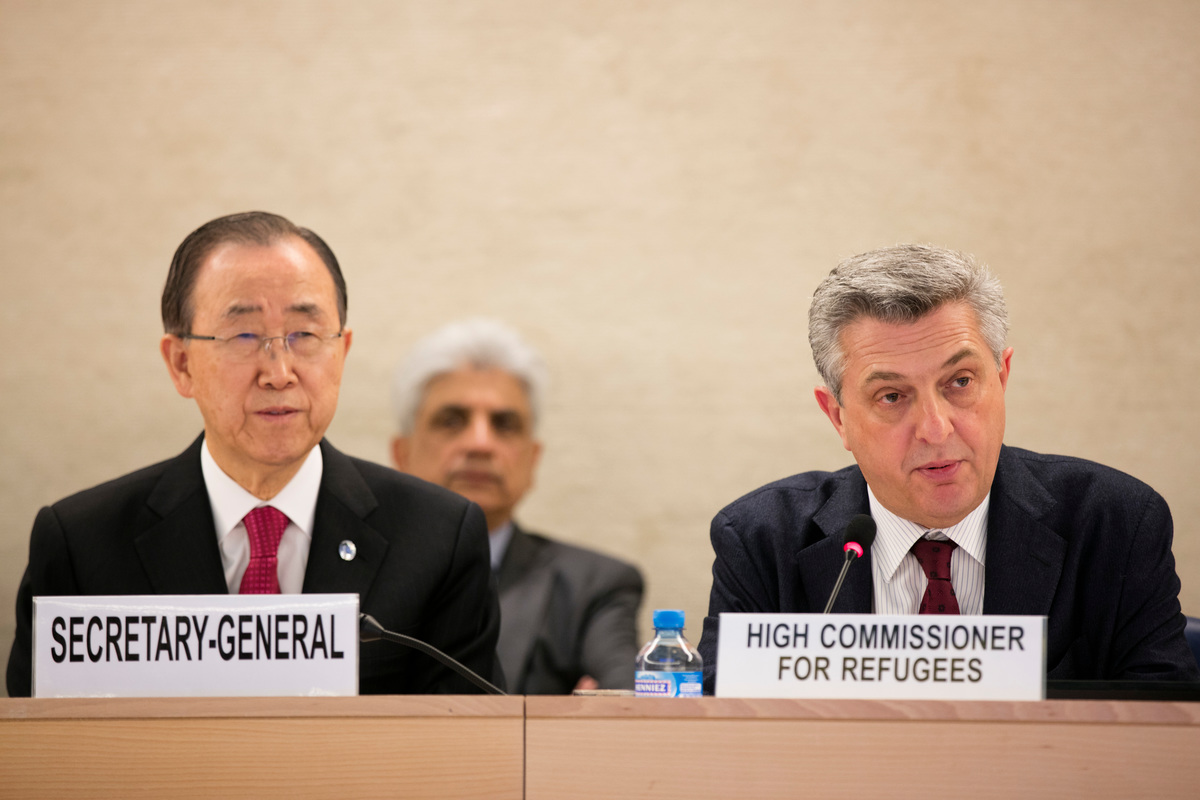UNHCR operations scaling up further in Syria, and across region as refugee numbers grow
UNHCR operations scaling up further in Syria, and across region as refugee numbers grow
Syria
UNHCR is scaling up its emergency response for displaced people inside Syria. UNHCR's share of the budget in a revised Syria Humanitarian Response Plan being presented to donors this morning is more than doubling to US$41.7 million (this plan is separate to the Regional Response Plan which applies to neighbouring countries). The help we are seeking includes for household items, financial assistance for 200,000 people considered vulnerable, medical assistance, counselling of displaced populations, rehabilitation of shelters and support to encourage refugee and displaced Syrian children to return to school.
In the past two weeks, UNHCR teams visited 29 communal shelters in nine neighbourhoods of Damascus and Rural Damascus. During these visits our teams delivered hygiene items, mattresses and blankets and carried out counselling. This week UNHCR participated in a three day inter-agency mission to Homs. The Syrian Arab Red Crescent will deliver household items to vulnerable families in Homs in the coming week.
In addition to the tens of thousands of calls received on UNHCR hotlines since July, thousands of refugees have approached our office in Damascus. Last week alone close to 3,000 refugees went to the UNHCR office in Damascus with concerns about security, financial difficulties and need for resettlement. Resettlement activities are ongoing, albeit at a slow pace, and departures to resettlement countries planned this week did not materialize due to cancellations of flights from Damascus airport.
With the academic year due to start in mid-September, the relocation of people living in schools is urgent. This week, UNHCR helped 200 Somali and Sudanese refugees relocate to one of the alternative sites identified by the authorities. Many of the buildings identified as alternative communal shelters need work done before people can be relocated.
Iraq
In the last week, 4,165 Syrian refugees entered Kurdistan in Iraq joining the 14,410 Syrian Kurds already seeking refuge in the region. Some 1,100 of these arrived yesterday - a record for daily arrivals. 22,847 Syrians have fled to Iraq since the conflict began, with more than 80 per cent in Kurdistan. The Al-Qaem border point is still closed. With the uncertain security situation inside Syria UNHCR continues to advocate with authorities that this border crossing be opened for all Syrian civilians. The borders at Al Waleed and Rabhia remain open.
UNHCR has been informed by the Ministry of Interior's Permanent Committee for refugees that the government is planning to provide resident cards, valid for six months, for Syrian refugees at Al Qaem. This welcome move will enhance refugee protection by giving easier access to services and, we hope, more freedom of movement.
UNHCR is urging the government to expand the criteria attached to a sponsorship programme in Al-Qaem under which refugees stay with relatives in the community. This would allow more refugees to live in the community, ease congestion in the public buildings and decrease the number of people who have to stay in the Al-Qaem camp.
Jordan
The pace of arrivals from the Syrian border to Za'atri camp in Jordan has dropped over recent days, with only 243 people crossing last night. While 1,286 people crossed Wednesday night, numbers were down the two nights before that as refugees have had trouble crossing the border. Refugees crossing last night reported bombardment on the Syrian side of the border and limited access to escape routes.
At Za'atri community kitchens are being built so that refugees can cook their own food. WFP expects to move from providing cooked meals to dry rations from mid-September, and food distribution points are also being built.
We are also setting up a mobile phone charging community tent to be run by a refugee committee of ten (comprising men and women) to ensure all refugees can keep in touch with their families, check on property and the situation at home. This was identified as the single most important priority by refugees when setting up refugee committees. At the moment, refugees are charging their phones using the solar lamps distributed to each family. Six refugees committees have now been established with representatives from the camp population to help manage food, children and women, security, culture, media and health issues.
This week, our protection staff trained 50 high level officers in the Gendarme on UNHCR, international refugee law and its relationship to Jordanian law, the rights and obligations of refugees and security issues and refugees. The training will be extended to hundreds/thousands of Gendarmes on regular duty in Mafraq/Za'atri from Monday.
There are now 26,664 people who have been received in Za'atri camp. As thousands more refugees are expected to arrive we are exploring the possibilities of new camps in Jordan and looking at alternative sites.
Across Jordan, 81,000 people have been registered or sought registration with UNHCR. Of those registered, some 75 per cent are women and children.
Lebanon
UNHCR is planning to open a new registration centre in the south of Lebanon, in response to an increasing number of Syrians displaced by conflict who are settling in the area. We are currently completing a needs assessment and expect to register at least 7,000 people in the south, mainly in Saida and surrounding villages. Initial assessments are that many now wishing to register came to Lebanon earlier but are unable to return to Syria as they come from conflict-affected areas.
This group in the south will add to the more than 65,000 Syrians who have already come forward to be registered in Lebanon. Of the registered population, 55 per cent are in the North, 41 per cent are in the Bekaa valley while smaller numbers are in Mount Lebanon, Beirut and the South.
Some 79 per cent of the Syrian refugees in Lebanon are women and children and many are vulnerable with special needs, including a large number of children (some 11,000). UNHCR and its partners have been on a 'back to school' drive in recent weeks providing information to refugees on how to enrol in school. School bags and uniforms have been distributed in Akkar and Tripoli in the north of the country to those children already enrolled. Over the summer break, UNHCR has been providing catch up classes to help refugee children cope with the new curriculum in French and English.
Among the new arrivals is Amal, a twenty-five-year-old woman who arrived in east Lebanon a few days ago. She fled her home in Homs about a month ago, heavily pregnant and with her three other children. While approaching the Lebanese border, she gave birth with the help of a midwife who was also fleeing Syria's conflict. She does not know where her husband is. With the new baby a few weeks old, Amal and family continued the journey to safety, crossing the border and taking refuge in a partially built house, with no water or electricity, in the village of Majdel Anjar, near the Maasna border point, some 15 km from Zahle. But the landlord has asked her to move on. Local volunteers have helped her find a place to stay with a local family for now, but she urgently needs to find more stable shelter.
Shelter remains the most urgent issue for an increasing number of refugees in Lebanon, especially in the Bekaa. With the school year about to start, more families are being evicted from schools in the East. There are 111 families in six operational schools in the East, and 25 families in four schools in the North. Two unused schools (in Ain Ata and Al Aqaba) in the East are now ready to receive families staying in operational schools, and the move is expected to begin early next week. We started rehabilitating a school in Tekrit in the North on 1st of September and it should be ready to receive families in the course of this month. We are also offering cash-for-rent to vulnerable families. It is expected that more and more families will take this option in the future, considering the scarcity of collective shelter options.
In the north of Lebanon, UNHCR and its partner IMC began running mental health awareness sessions at the registration centre in Tripoli to help refugees. Refugees face enormous stress from unemployment and other problems adapting to life in Lebanon, as well as trauma from loss of family members in Syria and worrying about those left behind. Uncertainty over their future compounds their worries.
Meanwhile, registration is picking up in the north of Lebanon with the improvement in the security situation. Some 2,400 people were registered in the last week, 1,000 more than the previous week.
An increasing number of refugees arriving in Lebanon's north are reporting difficulty fleeing to safety. Several families reported being shot at while crossing the border into Wadi Khaled with an 11-year-old girl killed in the process. Others say they had tried to enter Lebanon at the formal border crossing but that the Syrian authorities permitted only the men to cross and turned away women and children. The refugees resorted to crossing the border illegally through a river after paying $1,000 to militia on the Syrian side.
Turkey
There has been a slight decline in the number of Syrians residing in camps and schools in Turkey, with the return to Syria of some 2,750 people in the past week. Authorities put the total number of refugees at about 78,500 people staying in 11 camps, schools and a transit centre in the southern provinces.
At the same time, there are more than 10,000 people at the borders of Kilis and Hatay waiting to be admitted to Turkey. They are receiving food, water and medicine and authorities assure UNHCR the refugees are being admitted in smaller groups and transferred to camps as space is available. Meanwhile, work continues on the additional three camps: Cevdetiye in Osmaniye due to open 9 September, Nizip in Gaziantep due to open 10 September, and Adiyaman due to open 20 September. When all camps are complete, Turkey will have the capacity to host 130,000 people.
UNHCR is concerned to hear reports of the deaths at sea of some 60 people believed to be Syrians, Iraqis and Palestinians after a boat sank off the western coast of Turkey near Ismir. We understand that the alleged smugglers who have survived have been arrested.
STATISTICS
The number of Syrian refugees registered or awaiting registration is now 246,267.
- Jordan: 81,456 {including 33,142 awaiting registration}
- Lebanon: 64,636 {including 18,459 awaiting registration}
- Iraq: 21,744 {including 1,841 awaiting registration}
- Turkey: 78,431 {all registered and assisted as per government statistics}
For further information on this topic, please contact:
- In Amman: Ariane Rummery on mobile + 962 796552045
- In Geneva: Adrian Edwards on mobile +41 79 557 9120
- Sybella Wilkes on mobile +41 79 557 91 38


